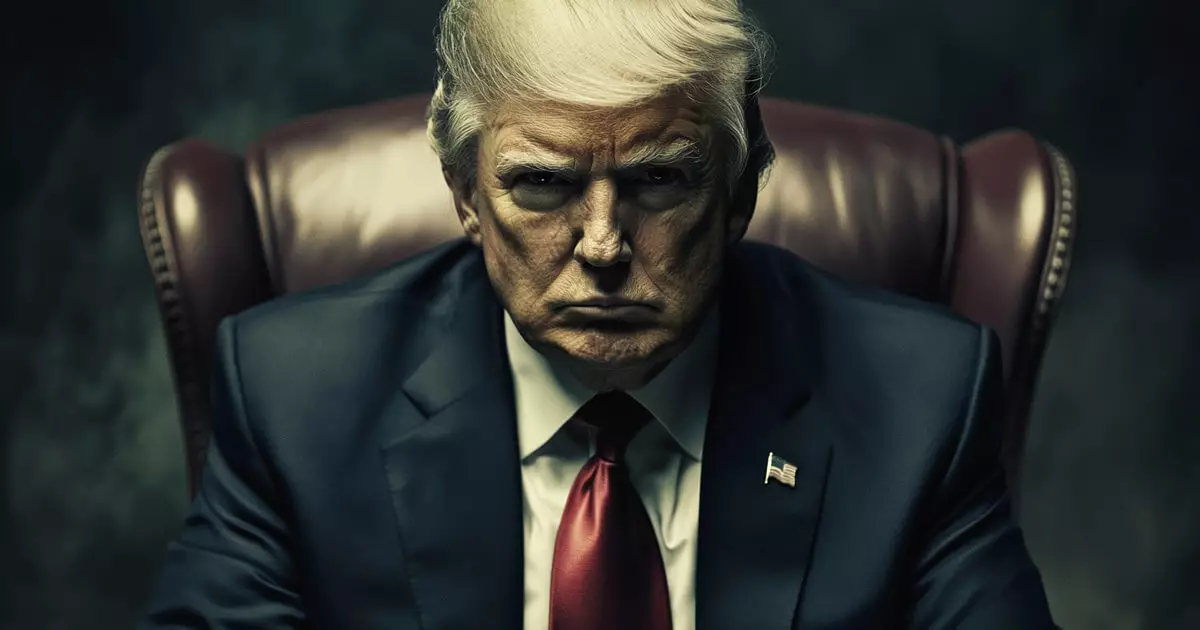The Blockchain Association, a key player in advocating for the crypto and blockchain sectors in the United States, recently addressed its concerns to president-elect Donald Trump. In a detailed letter penned by CEO Kristin Smith, the organization delineated essential priorities for the initial phase of Trump’s administration. This communication reflects a critical juncture for the industry, focusing on the need for reform within governmental structures to foster a more conducive environment for digital innovation.
While many in the crypto community have fixated on the need for a change at the top of the U.S. Securities and Exchange Commission (SEC) — notably the ouster of Chairman Gary Gensler — Smith has broadened the narrative. She asserts that merely replacing Gensler will not suffice; instead, a comprehensive reevaluation of leadership within the Internal Revenue Service (IRS) and the Treasury Department is equally vital. Although Trump may lack the authority to dismiss Gensler directly, the impending transition of power presents an opportunity for significant shifts in policy direction.
A focal point of the Blockchain Association’s letter is the current approach to the taxation of digital assets, which Smith describes as “inconsistent.” The recent enactment of the ‘Broker rule’ by the IRS, mandating comprehensive reporting of crypto transactions, has raised alarms within the industry. Smith argues that such regulations may lead to unintended consequences, such as driving businesses overseas to avoid punitive reporting requirements that could stifle innovation.
Furthermore, Smith emphasized the need for a thoughtful overhaul of the regulatory framework surrounding digital assets. The introduction of regulations that protect consumers while simultaneously nurturing technological advancement is paramount. A ‘fit-for-purpose’ regulatory structure, as suggested in the letter, could help alleviate many of the concerns currently faced by market participants.
Access to traditional banking systems remains a pressing issue for many cryptocurrency businesses. The Blockchain Association pointed out that a significant number of crypto organizations struggle to maintain banking relationships. This lack of access hinders their operational capabilities, impeding payment processes essential for salaries, vendor payments, and tax liabilities. Releasing these companies from the constraints of limited banking access could redefine the landscape for crypto operations in the U.S.
Lastly, Smith proposed the establishment of a crypto advisory council tasked with collaborating with Congress and regulatory agencies. This council could facilitate a more streamlined and informed approach to developing regulations that reflect the industry’s state and future potentials. Such engagement between the crypto sector and policymakers could bridge gaps in understanding and foster an environment of mutual benefit.
As the U.S. heads toward a new administration, the Blockchain Association’s letter serves as a critical reminder of the urgent need for modern regulatory frameworks that align with the rapidly evolving digital landscape. By addressing leadership structures, taxation inconsistencies, banking access, and fostering dialogue through an advisory council, the U.S. can pave the way for a more robust and innovative blockchain ecosystem.

